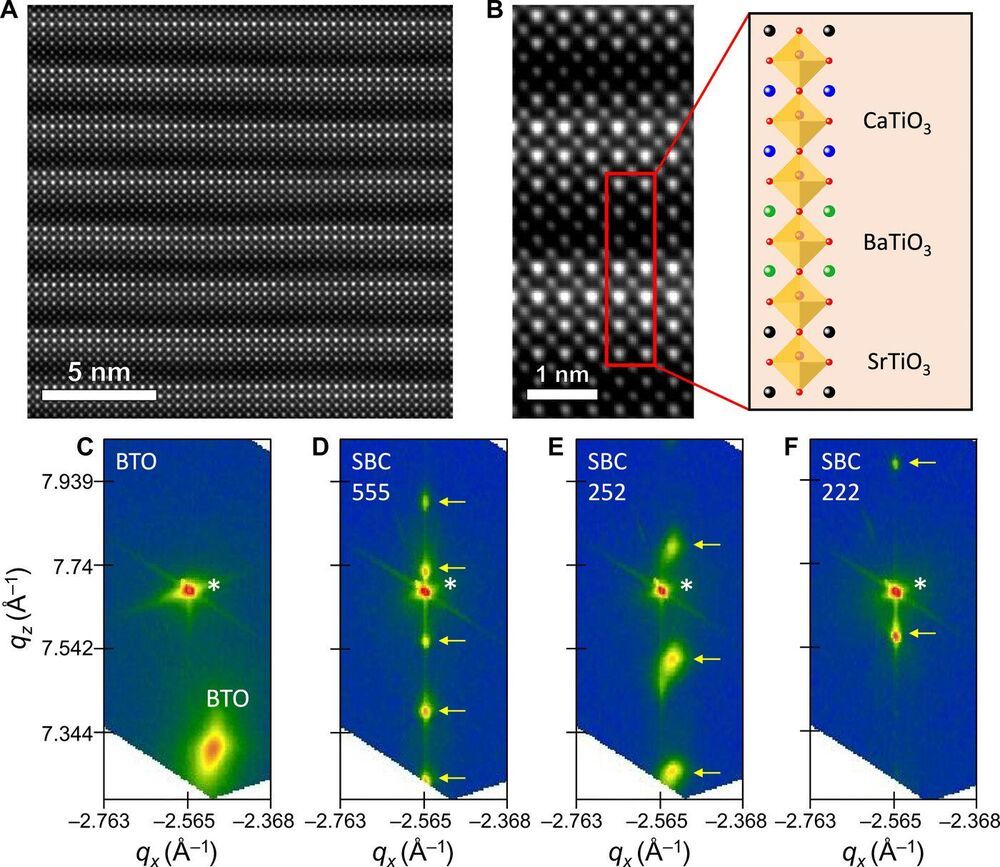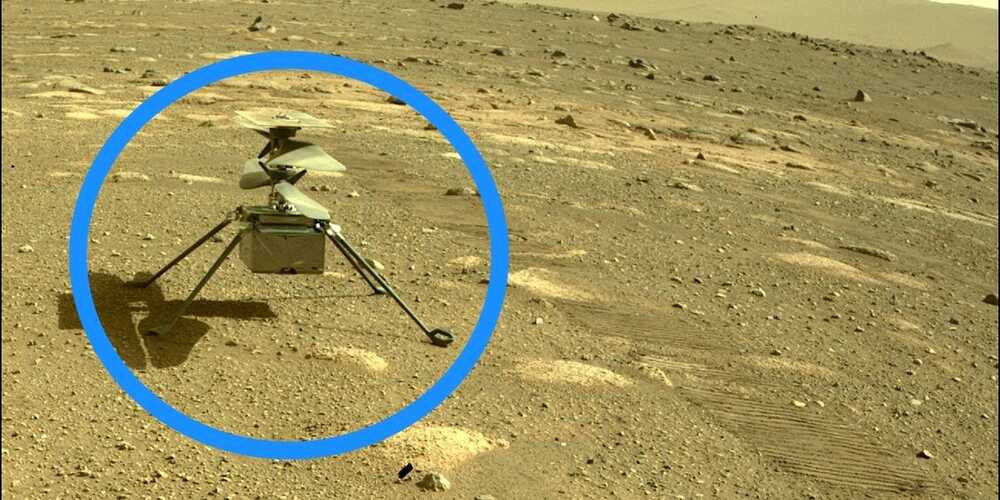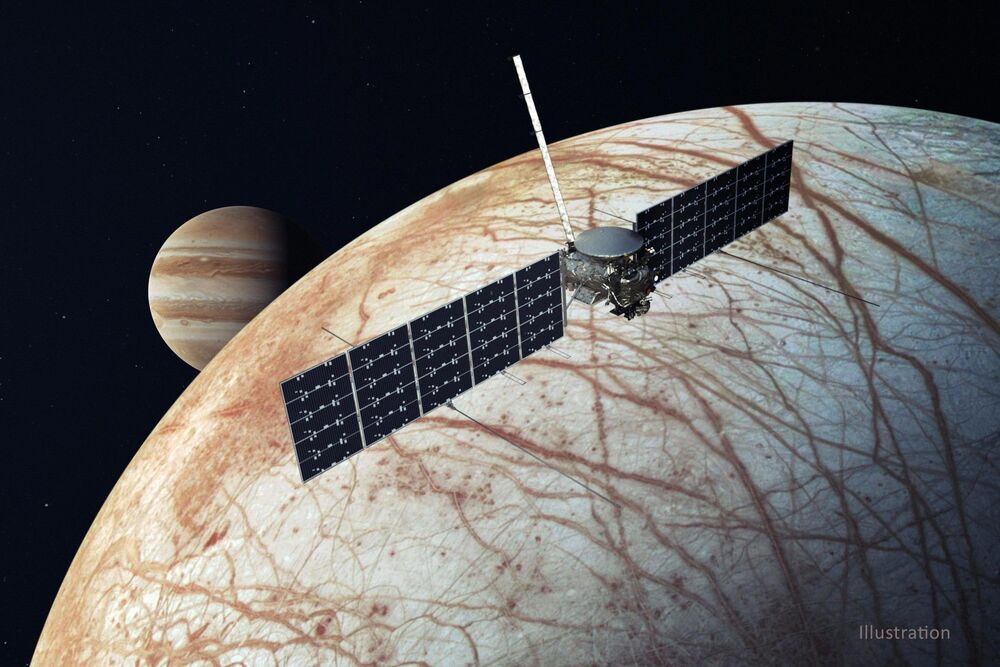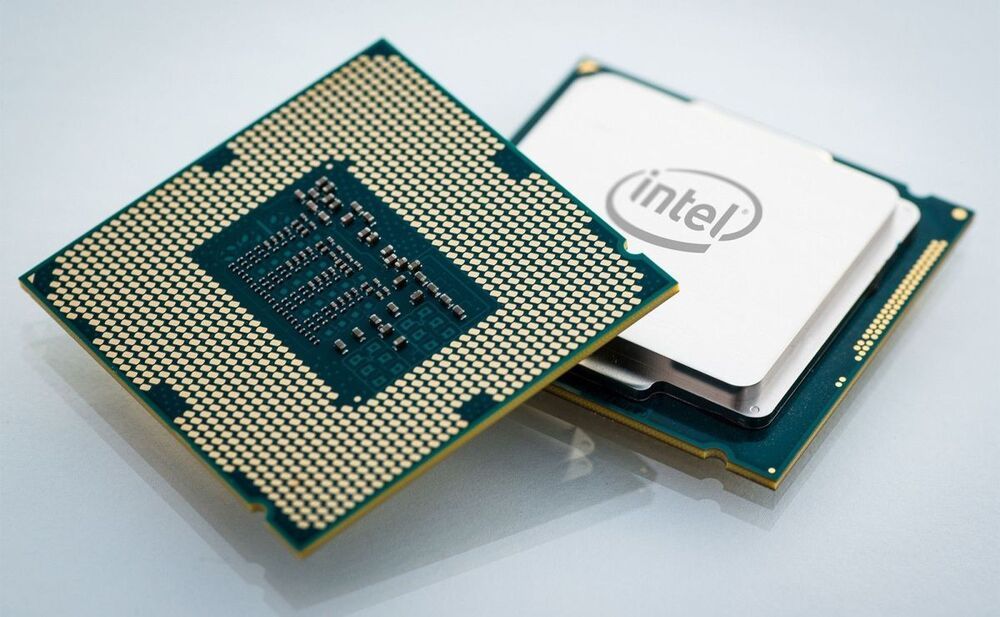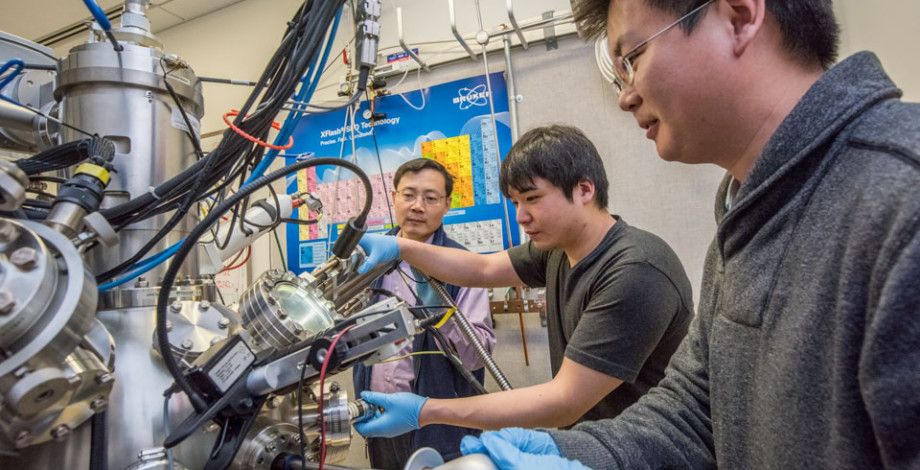The Pacific basin is thought to contain more than 30 billion tons of so-called polymetallic nodules, rocks that are rich with cobalt, copper, manganese, nickel, rare-earth elements and titanium. Scientists and entrepreneurs have been researching methods of extracting them since the 1960s. In 1994, the International Seabed Authority was established to regulate mining efforts and protect the seabed environment. Any of the group’s 167 member-states can stake claims to mining concessions on the ocean floor and sponsor private companies to explore them. But the ISA has not yet completed, much less approved, any regulations. So far, it’s only handed out permits for exploration.
Despite the potential riches, more time is needed to study the potential impact on the least resilient ecosystem on the planet.



